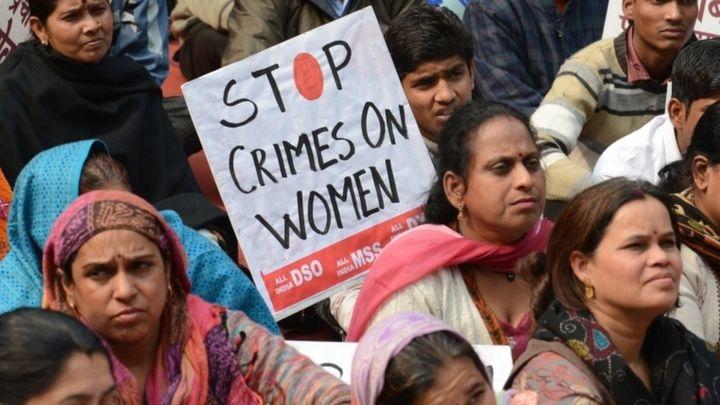Home Ministry Pushes for Amendments in Laws Against Domestic Violence, Ministry Of WCD Strongly Opposes It

The Section 498A of the Indian Penal Code has been a contentious section since it was added to the Code. It makes cruelty towards a woman by her husband or his relatives a non-bailable offence, punishable by imprisonment for three years and a fine. This law has come under criticism from many quarters. The Justice Malimath Committee which submitted its report in 2003 stated that the current application of 498A “helps neither the wife nor the husband. The offence being non-bailable and non-compoundable makes an innocent person undergo stigmatization and hardship. Heartless provisions that make the offence non-bailable and non-compoundable operate against reconciliations. It is, therefore, necessary to make this offence (a) bailable and (b) compoundable to give a chance to the spouses to come together.” What this observation refers to is the fact that a non-bailable offence means that even if the couple were to reach an understanding out of Court be it through reconciliation of their differences or through a divorce, the case must proceed as per the procedure laid down by law. The view taken by the Committee in its report pertains to false or frivolous cases being filed by discontented wives or relatives.
The Minister of Women and Child Development has however been critical of any attempt to amend this law stating that it is one of the only laws to protect women in this country. The Union Home Minister has however recently pushed for several amendments to be tabled, including Section 498A. The proposed amendment is to place a fine of Rs 15,000 on the woman if the allegations are found to be false, and to allow for charges to be dropped if the couple were to resolve the matter.
The Supreme Court has rescinded its earlier order on making the procedure under Section 15 of the Domestic Violence Act, applicable to section 498A, thereby bringing in a third party before the magistrate to assist any proceedings under this section. This came in the backdrop of the Court noting that as per the National Crime Records Bureau, out of a large number of cases filed under this section, only 14.4% ended in convictions.
While on the surface these amendments seem to be fair, it is yet to be seen whether any additional protections are given, namely protection of the complainant or the victim from further harassment to force a divorce or compromise. Furthermore, a low conviction rate cannot be taken as evidence of a law being misused. One factor which may contribute to a low conviction rate is a shoddy investigation which can contribute to shoddy evidence and thus a shoddy prosecution, and low conviction rates will follow. This is more apparent since the onus is on the State to prove the guilt of the accused.
Get the latest reports & analysis with people's perspective on Protests, movements & deep analytical videos, discussions of the current affairs in your Telegram app. Subscribe to NewsClick's Telegram channel & get Real-Time updates on stories, as they get published on our website.
























